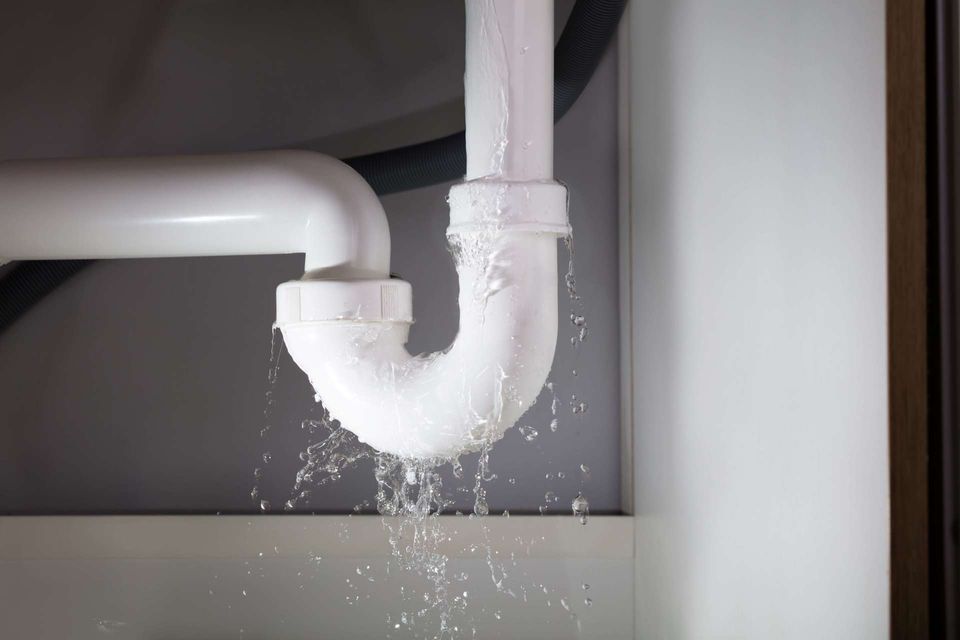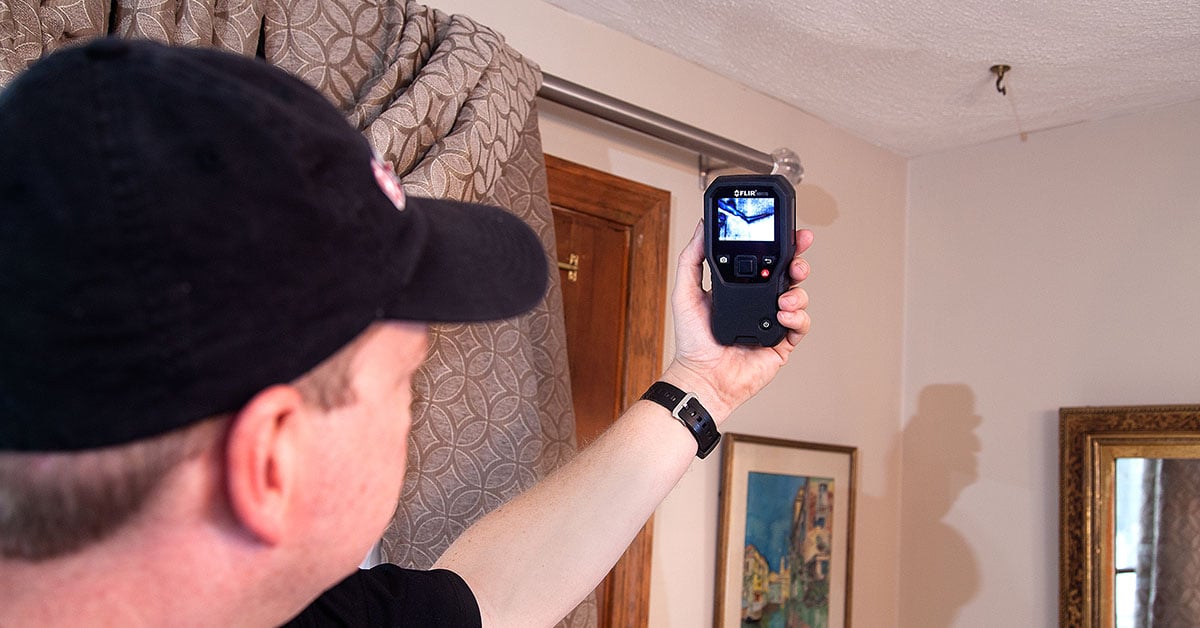Guide To Water Leakage Discovery In Your Home
Guide To Water Leakage Discovery In Your Home
Blog Article
The content below about Hacks to detect leaks is definitely motivating. You should look it over.

Early detection of dripping water lines can alleviate a possible catastrophe. Some tiny water leaks might not be noticeable.
1. Examine the Water Meter
Every residence has a water meter. Examining it is a guaranteed way that helps you discover leakages. For starters, switch off all the water sources. Make certain nobody will flush, use the faucet, shower, run the cleaning equipment or dish washer. From there, go to the meter and watch if it will transform. Because no person is using it, there must be no activities. If it relocates, that indicates a fast-moving leak. Furthermore, if you discover no changes, wait an hour or 2 as well as inspect back once more. This means you may have a slow leak that might also be below ground.
2. Examine Water Usage
Analyze your water costs and also track your water intake. As the one paying it, you should notice if there are any kind of disparities. If you detect sudden changes, regardless of your intake being the same, it means that you have leaks in your plumbing system. Remember, your water costs need to drop under the exact same variety each month. A sudden spike in your expense indicates a fast-moving leak.
On the other hand, a steady rise on a monthly basis, despite having the exact same practices, shows you have a sluggish leak that's additionally gradually rising. Call a plumber to extensively examine your residential property, especially if you feel a cozy location on your floor with piping below.
3. Do a Food Coloring Examination
When it comes to water consumption, 30% comes from commodes. If the color in some way infiltrates your bowl throughout that time without flushing, there's a leak between the container and bowl.
4. Asses Exterior Lines
Do not neglect to examine your exterior water lines too. Ought to water leak out of the link, you have a loosened rubber gasket. One small leakage can lose tons of water and spike your water bill.
5. Check as well as Examine the Situation
Property owners must make it a routine to inspect under the sink counters as well as also inside closets for any kind of bad odor or mold and mildew development. These 2 red flags suggest a leak so punctual attention is needed. Doing routine inspections, even bi-annually, can save you from a major issue.
Check for discolorations as well as weakening as the majority of devices as well as pipelines have a life expectancy. If you suspect dripping water lines in your plumbing system, don't wait for it to intensify.
Early detection of dripping water lines can mitigate a possible calamity. Some tiny water leaks may not be visible. Checking it is a surefire method that helps you uncover leaks. One little leak can throw away bunches of water as well as spike your water costs.
If you think leaking water lines in your plumbing system, do not wait for it to escalate.
How to Know If Your Home Has a Hidden Leak
Water Meter Reveals Inexplicable Water Usage
If you’d like to test whether or not there’s a leak somewhere in your home, you can do this using your water meter. Here is how to conduct the test:
Don’t use any water in your home for at least 30 minutes; this also means not turning on faucets or water-using appliances.
Go outside, and check your water meter for activity.
If your water meter shows that there was activity, even though no one was using any water, this proves that there is a leak in your home.Visible Mold or Mildew Growth
Leaks behind walls create moist, dark environments that allow mold and mildew to grow and thrive. Eventually, you might see mold growth forming on the wall closest to a hidden leak.
If mold is growing in an area that receives a high amount of moisture, such as a bathroom, it may simply be an indication that better ventilation is needed. However, if you see mold growth on a wall or the ceiling in an area where you would not expect, you probably have a hidden leak.
Musty, Mildew Odor
Sometimes you might not be able to see the mold or mildew that is growing as a result of a leak. However, the smell can give the problem away just as easily. If you catch a whiff of something musty, there’s a good chance that old water is collecting somewhere in your home that you can’t see.
Stained/Warped Walls, Ceilings, or Floors
When your home soaks up water, a variety of red flags can become visible, including ceiling stains, bubbling drywall, warped walls, and sagging floors. While these issues can be caused by excess humidity, they can also be signs that a pipe or plumbing connection has started leaking behind your walls.
Inexplicably High Water Bill
After a while, you get a general sense for what your water bill should be. If you own a pool or sprinkler system, your bill will tend to be higher during summer. However, if you receive a water bill that seems especially high, and you can’t figure out what caused it, then you may have a hidden leak somewhere that’s increasing your bill.
https://www.plumbingjoint.com/blog/2019/july/how-to-know-if-your-home-has-a-hidden-leak/

As a passionate person who reads on Leaking water lines, I was thinking sharing that excerpt was really useful. Enjoyed our entry? Please share it. Let others find it. We cherish reading our article about Hacks to detect leaks.
Report this page